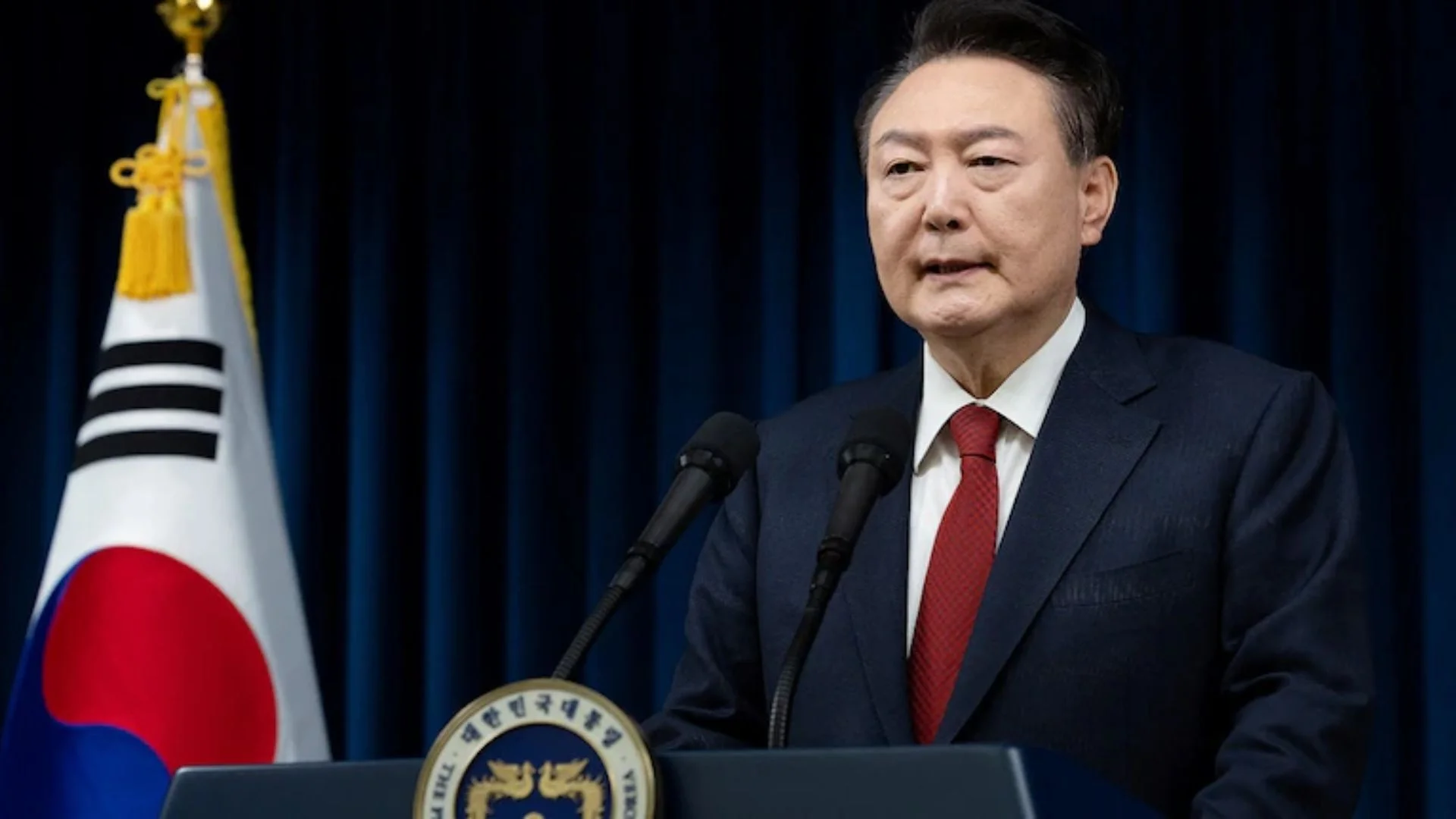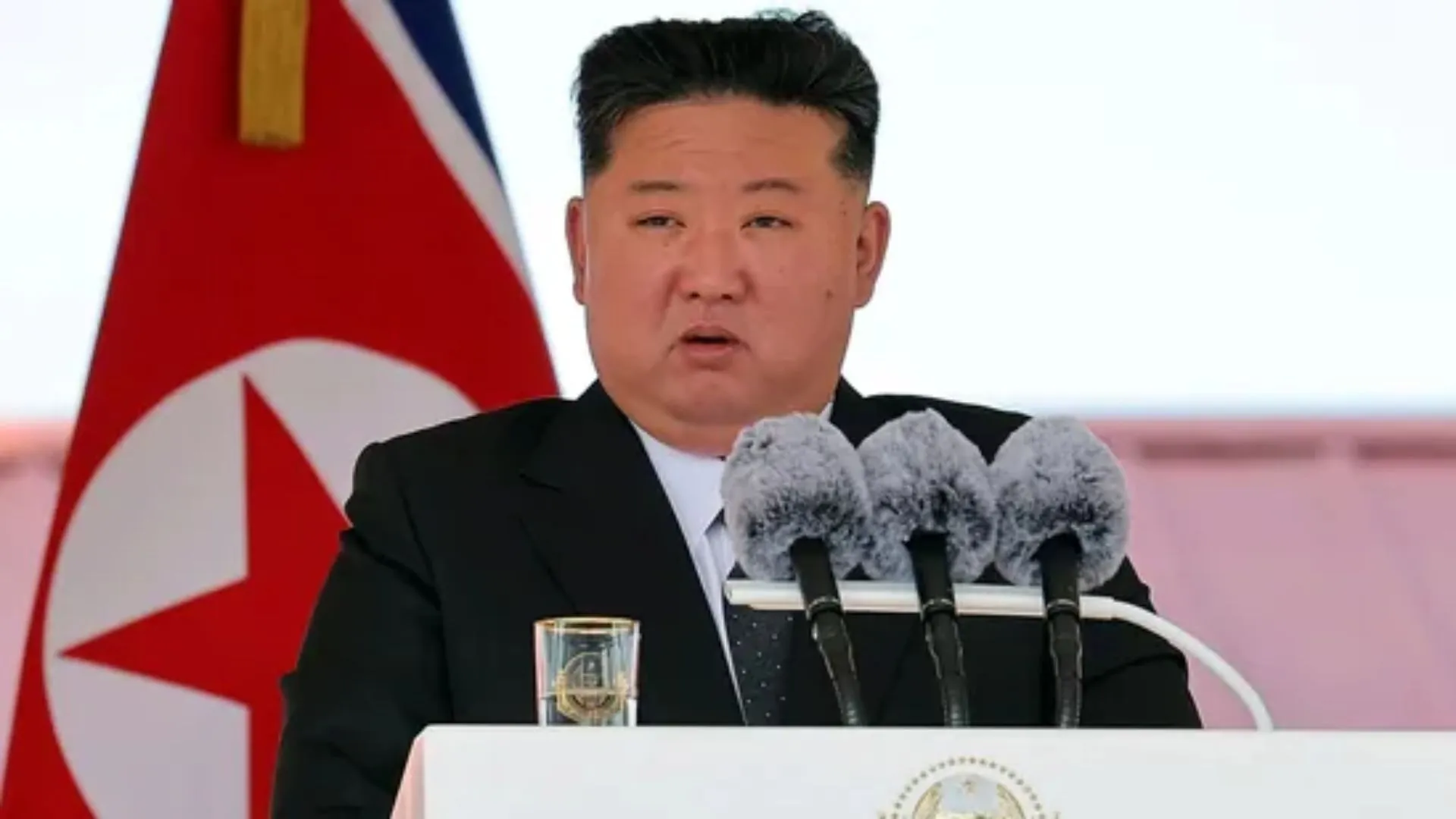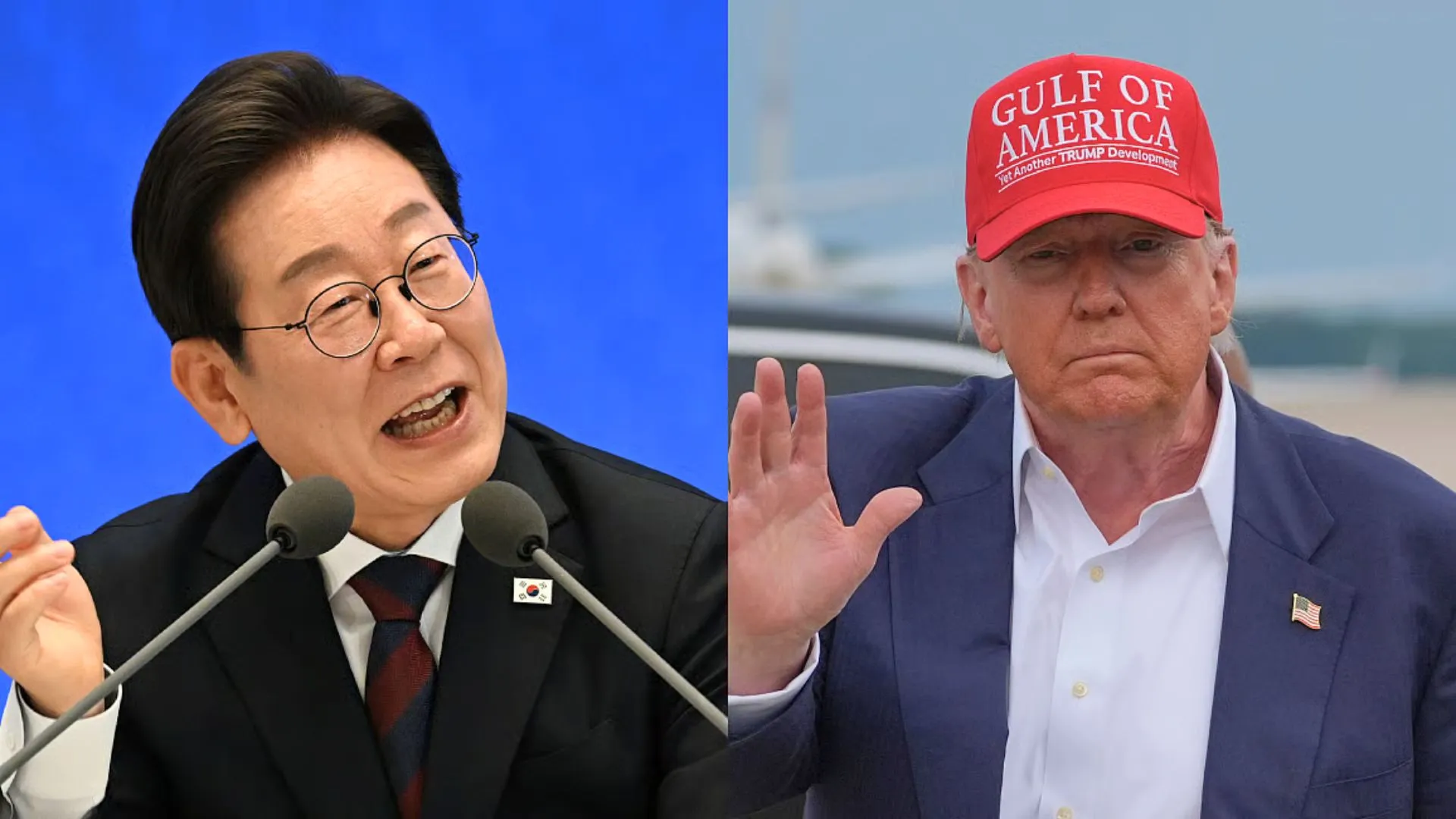South Korean President Lee Jae Myung has announced a 30.5 trillion won (USD 22.1 billion) supplementary budget aimed at reviving the country’s struggling economy, according to the Korea Herald.
Revenue Cut and Emergency Spending
For the first time in five years, the government has revised its revenue forecast downward by 10.3 trillion won, reflecting the current economic slowdown.
President Lee said at a cabinet meeting, “Fiscal soundness and adherence to balanced budgeting are important, but the current downturn is too severe for the government to stand by. It is time to put public finances to use.”
Key Priorities: Stimulus and Fair Distribution
Lee outlined two major goals: boosting economic activity and fairly distributing the benefits. He explained, “These are also questions of values and ideology.”
The Finance Ministry revealed that 20.2 trillion won of the budget will go to new spending, with 15.2 trillion won directed toward economic stimulus and 5 trillion won toward livelihood support.
Universal Cash Payments at the Core
A key feature of the plan is a 10.3 trillion won universal cash payout. Initially, all citizens will receive 150,000 won through “spending coupons.” In the second phase, the top 10% of earners will be excluded, and the rest will get an additional 100,000 won, depending on their income level.
Boosting Construction, Startups, and Jobs
To tackle declining domestic demand, 2.7 trillion won has been allocated to support the construction sector, which has contracted for four consecutive quarters. Another 1.2 trillion won will go to startups and emerging sectors, such as AI and renewable energy.
Meanwhile, 5 trillion won will support struggling small businesses and self-employed individuals. Within this, 1.4 trillion won is set aside for debt relief, and 1.6 trillion won will strengthen the job safety net.
Budget Deficit Grows Amid Revenue Drop
As per the report, the government cut its revenue estimate from 651.6 trillion won to 642.4 trillion won, while total spending was raised from 673.3 trillion won to 702 trillion won. This change means the fiscal deficit could widen to 110.4 trillion won, pushing the deficit-to-GDP ratio up to 4.2% from the earlier estimate of 3.3%.
South Korea’s national debt could exceed 1,300 trillion won by year-end, raising the debt-to-GDP ratio to 49%.
Financing the Gap
To cover the growing deficit, the government plans to issue 19.8 trillion won in treasury bonds and make up the rest through budget restructuring and the use of reserves worth around 10 trillion won.
Despite these figures, the Finance Ministry said South Korea’s fiscal health remains sustainable by global standards.
Modest Growth Expectations
Officials estimate the new budget could boost GDP growth by 0.1 to 0.2 percentage points, potentially lifting the country into the 1% growth range. Currently, the Bank of Korea forecasts 0.8% growth, while the IMF predicts a 1% increase.























